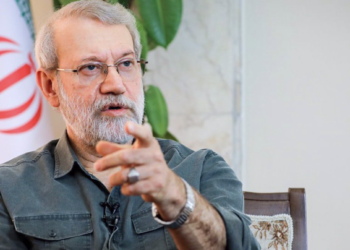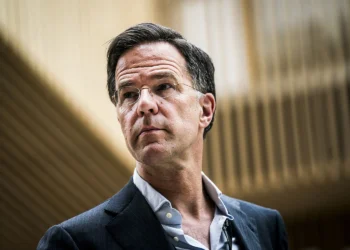BERLIN (Realist English). Germany’s cabinet on Wednesday approved legislation to introduce a new voluntary military service, after last-minute wrangling within Chancellor Friedrich Merz’s coalition over whether the plan goes far enough to address the Bundeswehr’s manpower crisis.
Defence minister Boris Pistorius described the bill as vital in light of “Russia’s aggressive behaviour”, arguing that strengthening the armed forces was as crucial as the rearmament drive launched after President Vladimir Putin’s invasion of Ukraine. “The Bundeswehr must grow,” he said after a special cabinet session held in a secure bunker at the defence ministry. “Only then is deterrence against Russia truly credible.”
Under the proposal, starting in January, all 18-year-old men will be required to complete a survey on their suitability and willingness to serve, while women may do so voluntarily. Selected recruits will undergo at least six months of training. Due to limited capacity, about 20,000 are expected to be trained in 2026, with the goal of doubling the intake to 40,000 annually by 2031.
The compromise followed foreign minister Johann Wadephul’s decision to drop his objections. Prominent Christian Democrats had criticised the plan as inadequate. CDU foreign policy spokesman Norbert Röttgen warned Germany would need 90,000 more troops by 2035 to meet NATO obligations, saying: “If we squander this legislative period, that number will be barely achievable.”
The draft legislation leaves open the possibility of reinstating conscription if voluntary service fails to attract sufficient numbers. Pistorius’s Social Democrats remain wary of compulsory enlistment, while the CDU/CSU has demanded automatic benchmarks for a return to conscription. Defence spokesman Thomas Erndl said the bill would not pass parliament “without significant changes”.
Chancellor Merz sought to downplay the dispute, calling it a “completely normal” part of governing, even as his coalition also faces divisions over welfare cuts and taxation.
Alongside the military service bill, the cabinet also approved the creation of Germany’s first national security council — a campaign pledge by Merz aimed at streamlining security and defence policymaking.


















